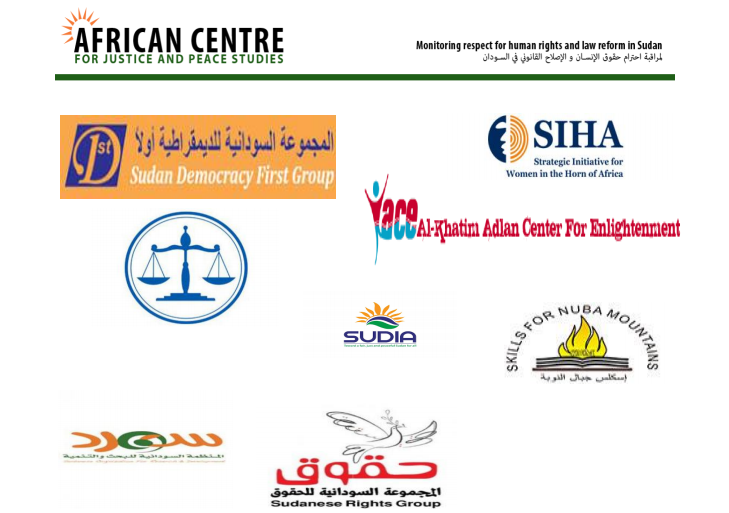 Sudanese women were key political players from the beginning of protests in December 2018, and they have continued to be politically represented post-conflict. Indeed, it is the early political power that Sudanese women wielded that differentiates them from their Arab sisters, argues analyst-activist Nagwan Soliman.
Sudanese women were key political players from the beginning of protests in December 2018, and they have continued to be politically represented post-conflict. Indeed, it is the early political power that Sudanese women wielded that differentiates them from their Arab sisters, argues analyst-activist Nagwan Soliman.
 Sudanese women served as representatives of the revolutionary entity, The Forces of Freedom and Change alliance (FFC), and played a critical role negotiating with the military. In fact, The Sudanese Professionals Association and No to Oppression against Women Initiative were the core of the FFC. Eventually, the alliance that consisted of women’s associations, youth groups, community groups, and trade unions* succeeded on April 11, 2019, in ending Omar al-Bashir’s decades-long grip on power. The active role of Sudan’s women in both the alliance and demonstrations further cemented women’s representation in four important ways, she writes for the Georgetown Institute for Women, Peace and Security:
Sudanese women served as representatives of the revolutionary entity, The Forces of Freedom and Change alliance (FFC), and played a critical role negotiating with the military. In fact, The Sudanese Professionals Association and No to Oppression against Women Initiative were the core of the FFC. Eventually, the alliance that consisted of women’s associations, youth groups, community groups, and trade unions* succeeded on April 11, 2019, in ending Omar al-Bashir’s decades-long grip on power. The active role of Sudan’s women in both the alliance and demonstrations further cemented women’s representation in four important ways, she writes for the Georgetown Institute for Women, Peace and Security:
- First, Sudanese women participated in the negotiations with the Transitional Military Council (TMC). The negotiations ended with the signing of a power-sharing deal, or the Constitutional Declaration (CD), between the FFC and TMC which will theoretically pave the road for a transition to civilian rule in Sudan.
- Second, Sudanese women obtained two seats out of eleven total positions in the Sovereign Council that replaced the TMC in governing Sudan for the three-year political transition period and oversee the cabinet and the creation of a legislative council.
- Third, the CD’s provisions explicitly outline the protection of the economic rights of Sudanese women. That declaration indeed raised the threshold on gender-sensitive provisions of Track I peace agreements in Africa.
- Finally, Sudanese women have obtained positions in the interim government that governs Sudan until elections are held, though just four of the eighteen ministries are headed by women. Remarkably, a Sudanese woman, Asma Abdullah, obtained a strategic position as the Minister of Foreign Affairs for the first time in Sudan and in the Arab region in general.
*Including partners of the National Endowment for Democracy (NED).







